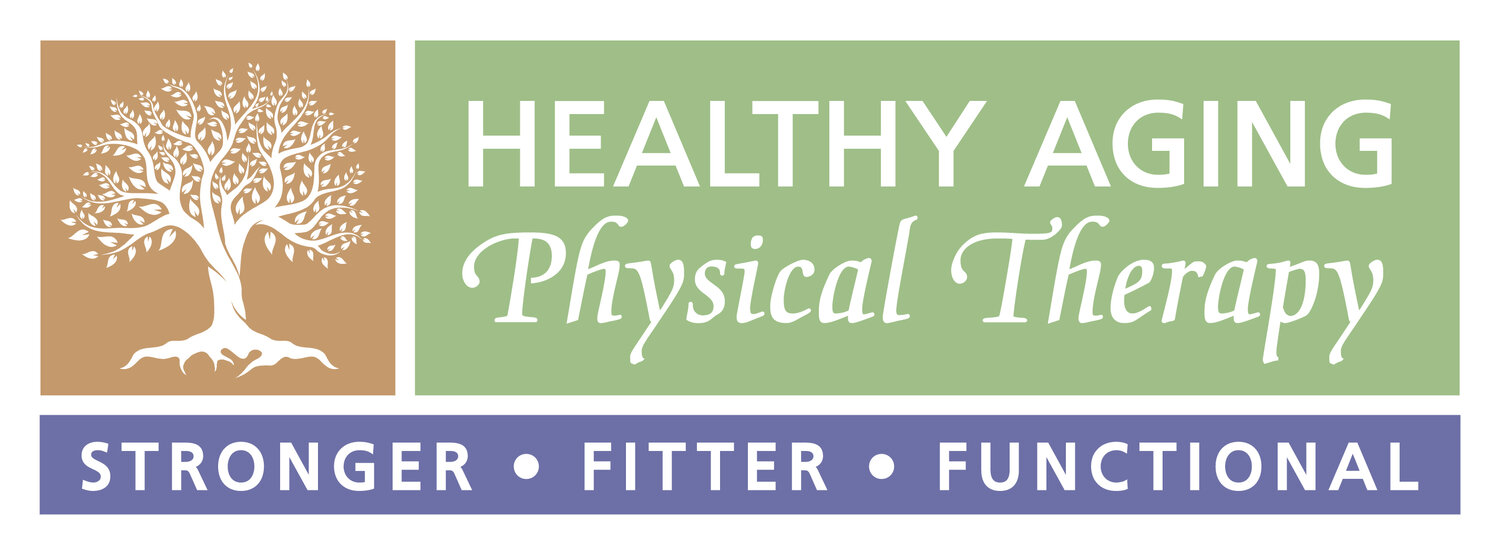Friendship isn’t just good for the soul — it’s essential for healthy aging. Discover the surprising science behind socialization, its impact on your brain, body, and heart, and why nurturing connection is one of the most powerful ways to thrive at any age.
Boost Your Brain Health with These 6 Proven Steps
Discover how to maintain cognitive fitness and build your brain’s resilience with actionable steps backed by science. Learn how exercise, nutrition, quality sleep, stress management, social connections, and lifelong learning can enhance cognitive reserve and support healthy aging. Start your journey to better brain health today with these expert tips and the Wellness365 program.
"Discover how simple, consistent actions like deep breathing, walking outdoors, or practicing yoga can transform your well-being. Start small, build one habit at a time, and watch your nervous system thrive. Learn more about creating space in your cup for life's challenges."
While it may be ‘hot girl summer’ everywhere else you look, here over at Healthy Aging, we’re entering ‘hot patient summer’ season. Last week, as temperatures climbed, I challenged my Parkinson’s class to a drinking contest - except instead of chugging beers, we tried to finish a bottle of water between exercises. While for most people, summer heat brings thoughts of bathing suits, pool parties and barbeques, for me, and most of my home health colleagues, we go to thoughts of dehydration, low blood pressures and passing out. So, as the summer heat approaches, I want to talk to you today about staying hydrated. Hydration over the summer is crucial for everyone, but especially older adults. Dehydration can lead to serious health complications, but with a few simple strategies, it’s easy to stay hydrated and healthy throughout the season.
Discover the powerful link between exercise and mental health in older adults. Learn how staying active can combat depression and improve overall well-being. Explore effective strategies to incorporate exercise into daily routines for a happier, healthier life.
Ever wonder how to RETRAIN the BRAIN? Read on learn all about the wonderful world of NEUROPLASTICITY….
Healthy Aging Physical Therapy strives to give people living with Parkinson’s the support they need to better manage their symptoms - at all stages of the disease.
Healthy Aging Physical Therapy strives to give people living with Parkinson’s the support they need to better manage their symptoms - at all stages of the disease.
Lessons learned from Bob Saget and why it’s SO important to tell your doctor when you fall!
As you know, I love to counter a question with another question, or in this case, three:
1 ) Have you fallen in the past year?
2) Do you feel unsteady with standing or walking?
3) Do you worry about falling?
If the answer to any of these is yes, research has shown that you are likely at an increased risk for falling. Now while this may seem like a short and sweet, the actual answer is a bit longer and more involved. This is where I come in. When I check to see if a patient of mine is at increased risk of falls, I’m like a detective on a trail. While I may start with these questions, their answers lead me down windy trails where I pick up clues that not only determine IF you are at fall risk, but more importantly, WHY. And it’s the WHY that allows me to help you prevent them. But that’s a story for a different post.
As a Physical Therapist, I don’t actually ‘treat’ Dementia. But, I do treat an a whole lot of people with dementia. Why do people with dementia end up on my caseload? Frequently, people with dementia fall and have fall-related injuries that require physical therapy. People with dementia are also at increased risk for social isolation, malnutrition, inactivity and inevitably, functional decline. And more than anything, because I treat older adults as a specialty, dementia is simply one of the more common diagnoses I find on that long list of age-associated diseases that follows the prompt for past medical history.
I had the opportunity to sit in on a Michael J Fox Foundation research update this week, presented by Rachel Bulmer and Melanie Demakis, and wanted to share some updates with you that they shared with us. For those of you unfamiliar with the Michael J. Fox Foundation, they provide financial support to researchers working not only to advance the treatment of Parkinson’s Disease, but to find a cure.
















June is Alzheimer’s and Brain Awareness Month—a perfect time to explore how regular movement can improve quality of life for individuals living with dementia. In this post, Dr. Katie Wadland, PT, DPT, Board-Certified Geriatric Clinical Specialist, explains why people with dementia face faster physical decline, higher fall risk, and reduced motivation to stay active—and what caregivers can do about it. Learn evidence-based strategies to build safe, meaningful, and consistent activity into daily routines, plus how expert therapy support can make all the difference.